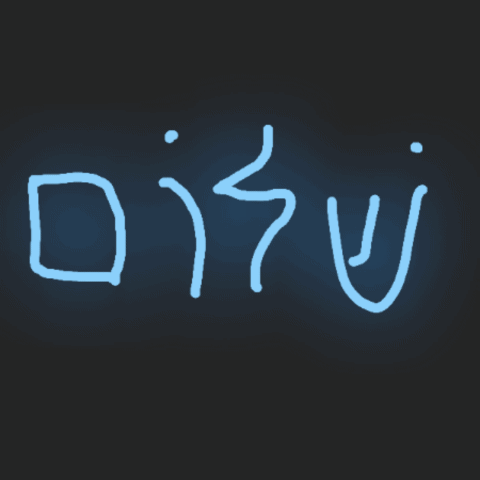The full study of the Alef-Beyt is detailed here on Steemit. The first lesson is at the bottom of my blog list. Each letter is covered in detail. When you have finished learning the letters, you can begin to read with us on my Shabbat blog (Saturday post). The vowels are marked in this bible and are designed to help avoid confusion on how words are pronounced, as if there is not already enough of that in all of the interpretations globally. In modern Hebrew, only children need the niqqud (vowel marking) until they have the pronunciation memorized.
This week's reading is from Exodus 13 as Pesach was celebrated last night all over the world by the children of Israel. This is not a Jewish feast for the Jews (implying that only Judah and his kids) can take part. No, it is for all who came out of Egypt and Worship the God of Israel.
Yesterday I prepared the meal and last night I was enjoying the time with family. It is now the end of Pesach (passover) which a Moed or "an appointment with God" which is to be kept forever. The Moedim are "Holy days" that are set apart to meet with Him.
We are now it the "Feast of unleavened bread" as it's called. This is a Mitzvah given by God to Mosheh (Moses). Fun fact: When a male child comes of age they throw a party called a "Bar Miszvah" meaning son of the commandment or instruction.
Last week and this week we have been derailed, first to get rid of idols, and now to talk about Pesach. Next week, at the end of seven days of unleavened bread, I plan to resume our continuous reading in Genesis.
▶️ DTube
▶️ IPFS
Get your Hebrew Bible now!
Click here to obtain the book we are using. It is a free download - or browser usable.
Thanks for taking the time to watch and read.

